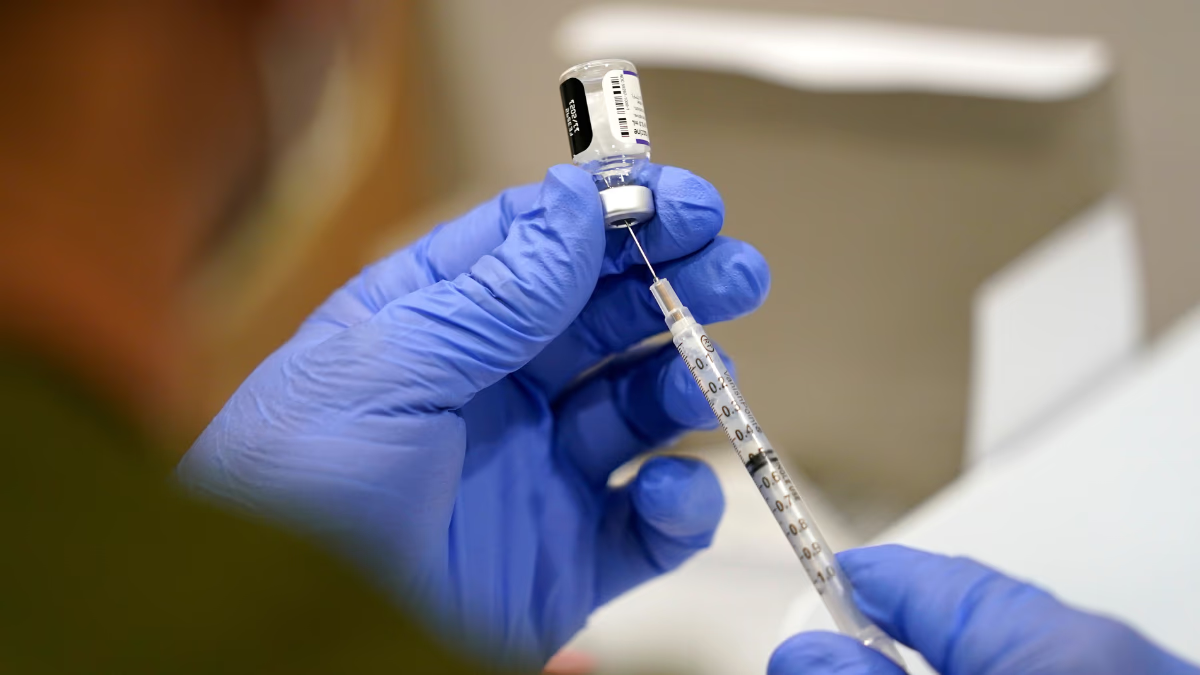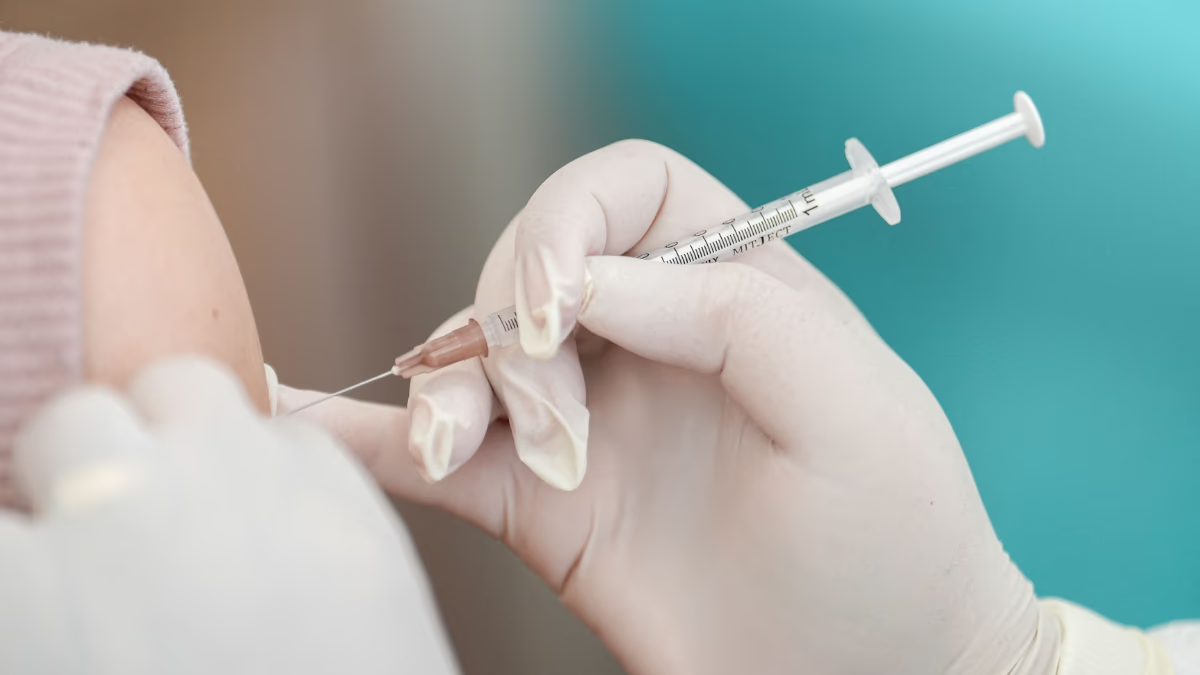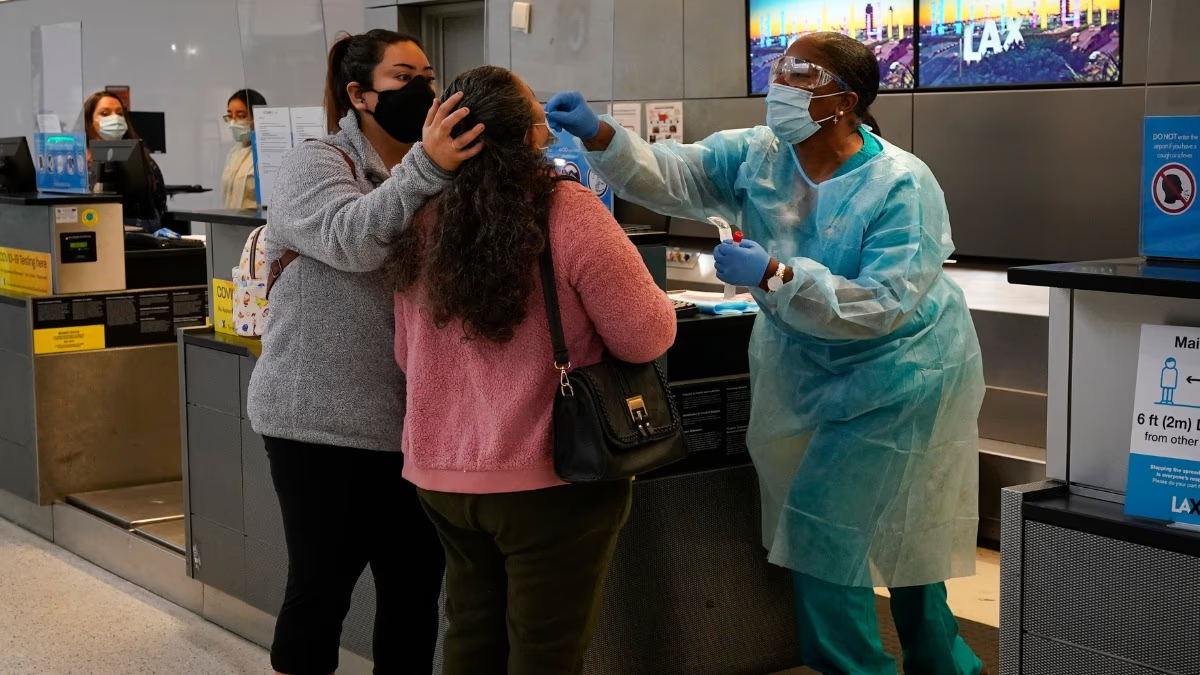The World Health Organization (WHO) has raised concerns about a resurgence in COVID-19 activity. Since mid-February 2025, there has been a marked increase in SARS-CoV-2 across the globe. WHO data indicates the positivity rate in COVID tests has surged to 11%, the highest since July 2024.
WHO states this uptick is primarily noticeable in the Eastern Mediterranean, South-East Asia, and Western Pacific regions.
Changes in Virus Variants
The WHO reports that at the start of 2025, there were slight shifts in coronavirus variant trends. The LP.8.1 variant is decreasing, whereas NB.1.8.1, categorized under Variant Under Monitoring, is witnessing rapid case escalation. By mid-May 2025, it constitutes 10.7% of globally reported genomic sequences.

Source: aajtak
No Clear Seasonal Pattern
According to the WHO, current infection levels echo those of the same period last year. They also report no definitive seasonal pattern in COVID-19 spread yet. Additionally, surveillance systems remain limited in several countries, posing a significant concern.

Source: aajtak
WHO Recommendations
The WHO urges member states to manage COVID according to an integrated and risk-based strategy, adhering to WHO director-general recommendations. Vaccination programs should remain active, especially for high-risk groups. Vaccination is considered the most effective means to prevent severe illness and death.
COVID Spreading in Noida
It's reported that in Noida, too, the number of COVID-positive patients is rising. According to health officials, there are currently 19 active cases in Noida, including 11 women and 8 men. The district's health department is diligently working on contact tracing and travel histories of all patients. Fortunately, all cases exhibit mild symptoms, and no severe cases have been reported in the district thus far.
Higher Risk for Those with Weak Immunity
According to former AIIMS director Randeep Guleria, the new coronavirus variant JN.1 first emerged in August 2023 but now predominates globally. He explains this variant contains certain mutations making it more infectious. It causes cold-like symptoms, fever, cough, and sore throat. Individuals with heart conditions, diabetes, or on medications reducing immunity should exercise extra caution.




